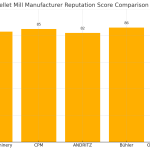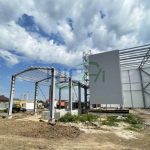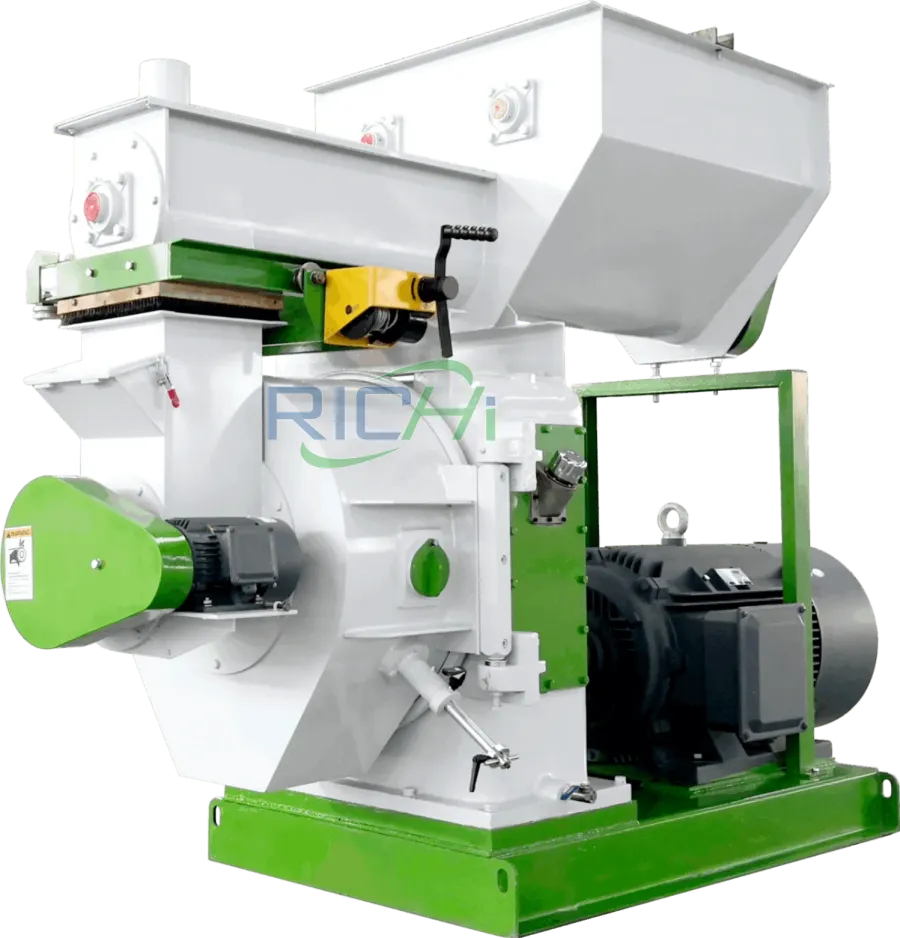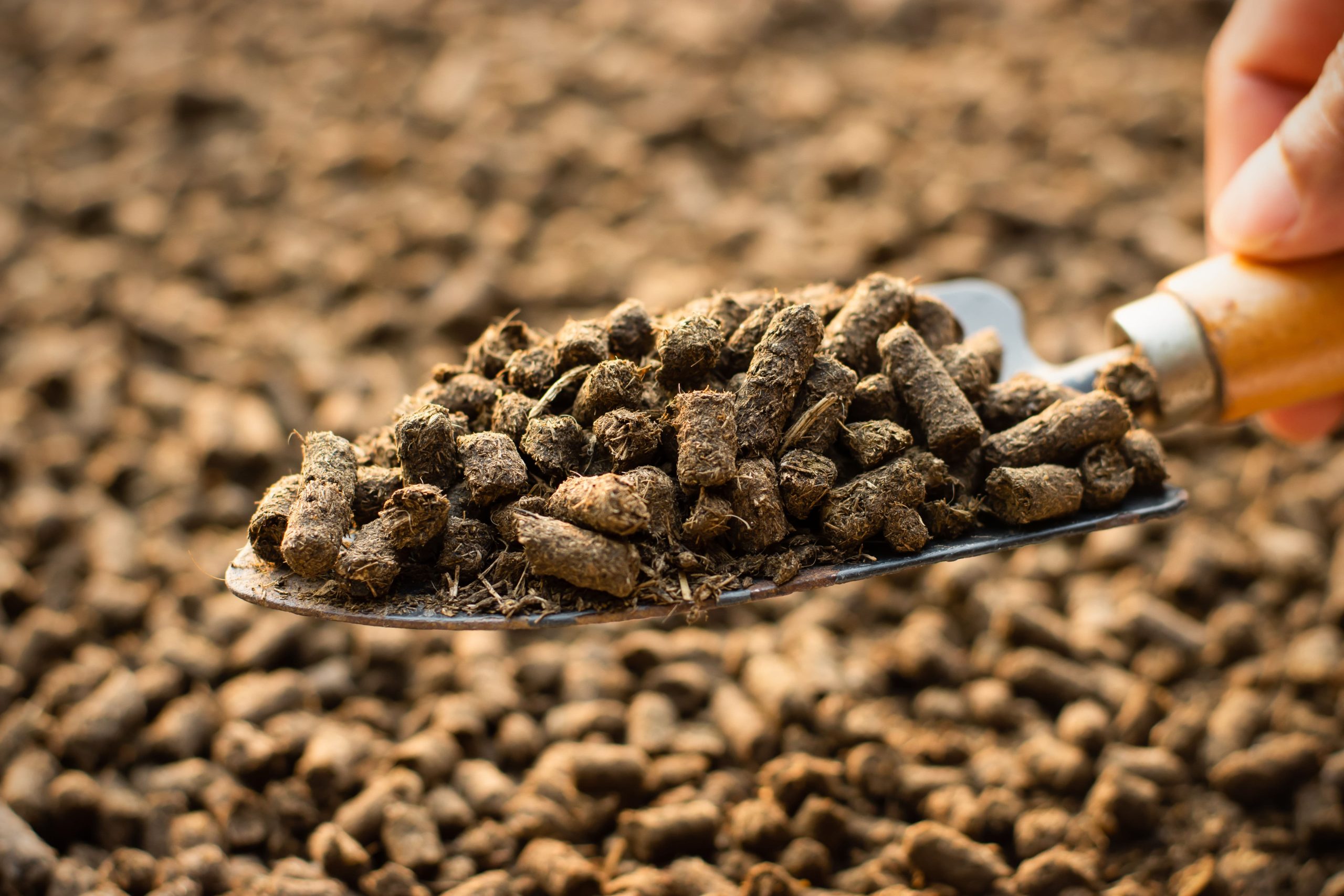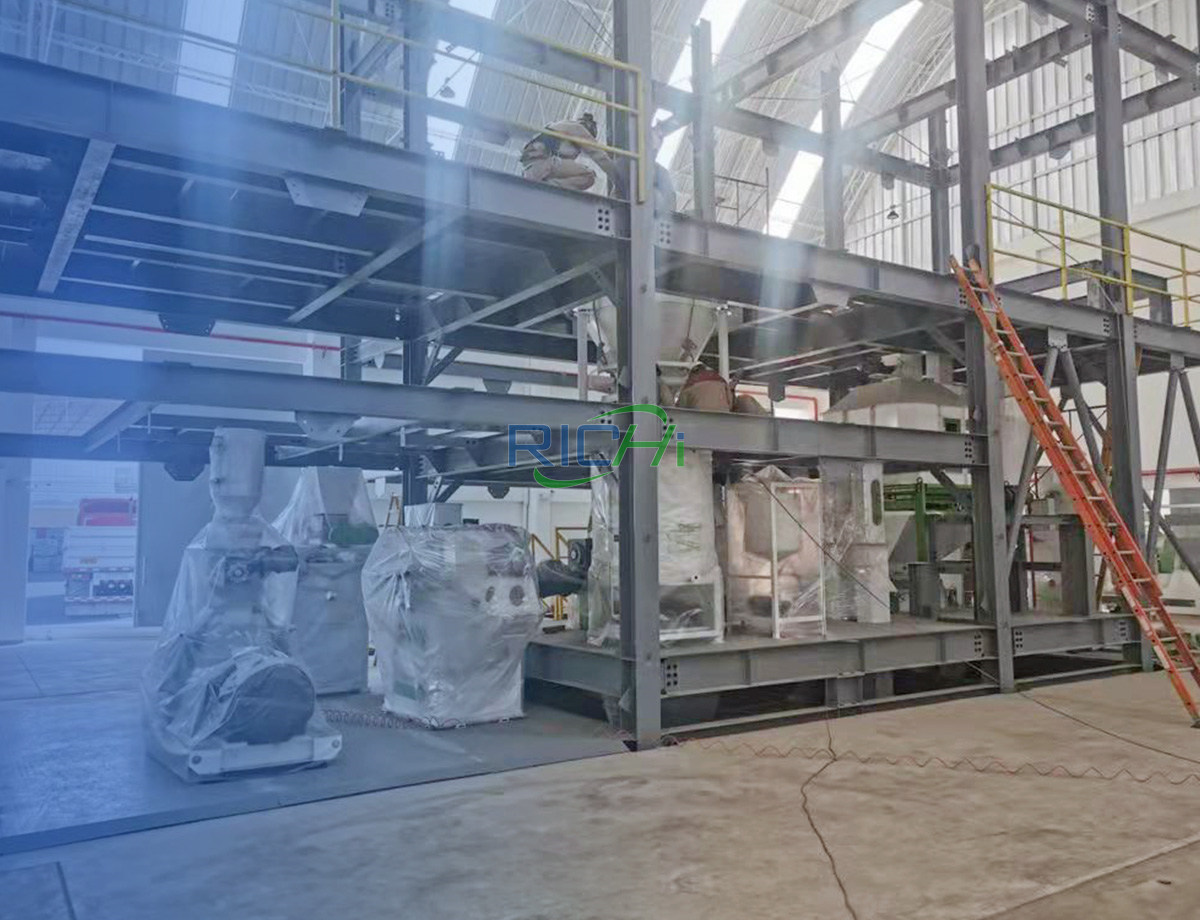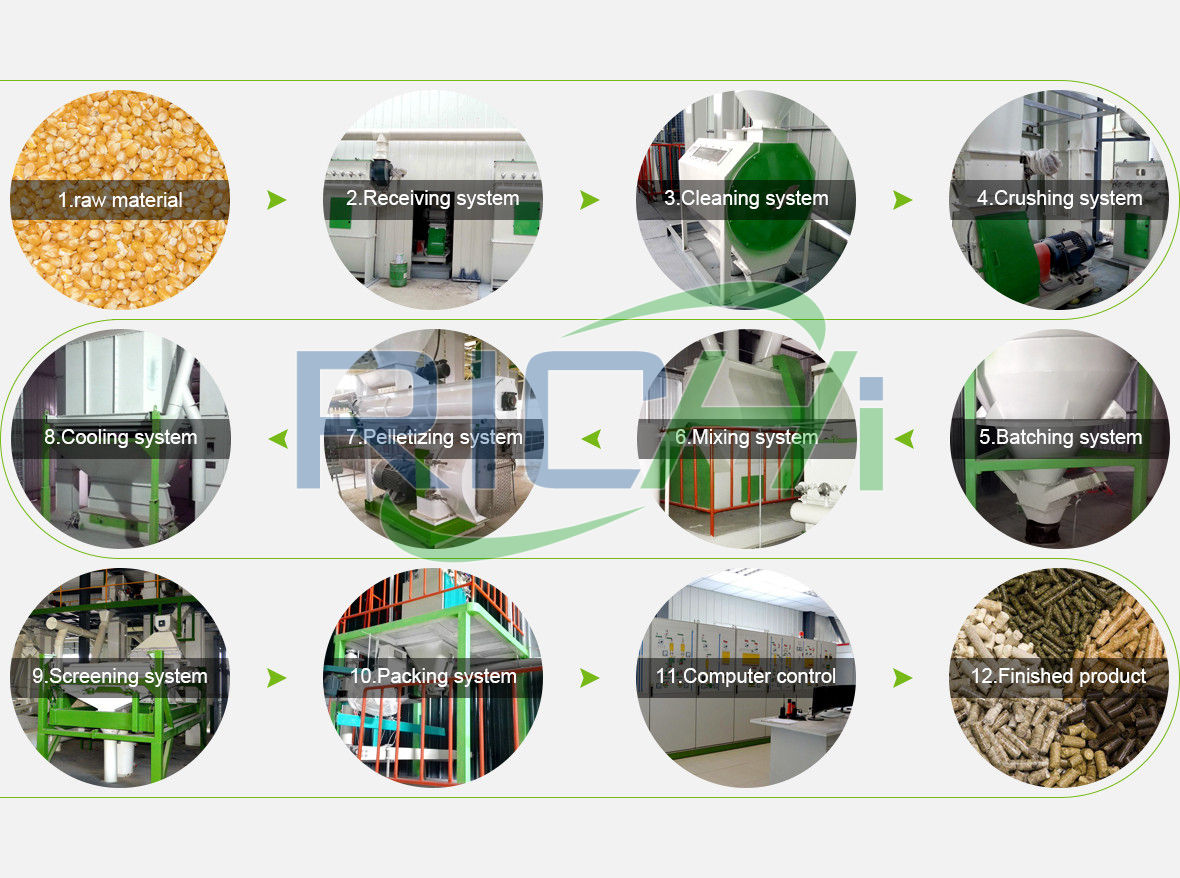Alfalfa, a perennial flowering plant belonging to the legume family, is renowned for its exceptional nutritional value and versatility as a livestock feed. The practice of converting alfalfa into pelletized feed has gained prominence, offering numerous benefits in terms of animal health, feed efficiency, and agricultural sustainability. Alfalfa feed pellets stand as a testament to the innovation that can enhance livestock nutrition while promoting efficient farming practices.
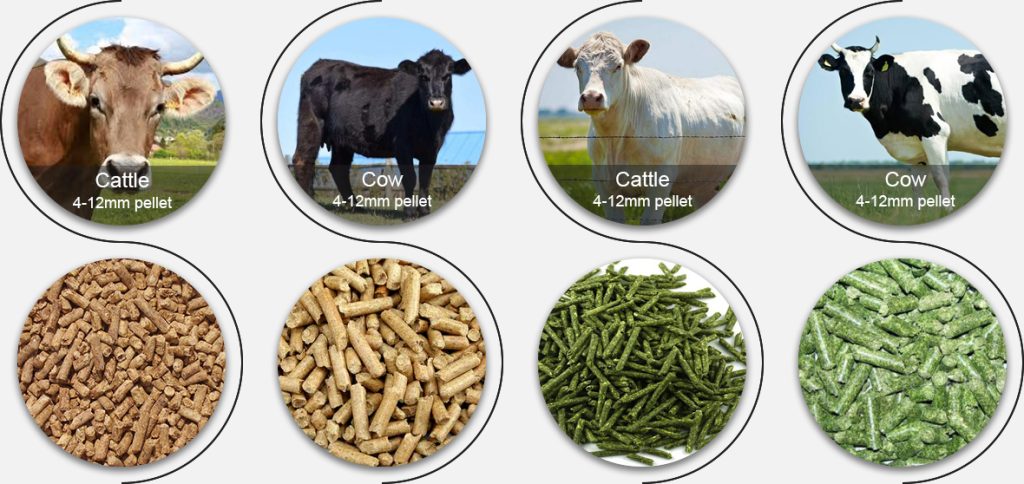
Nutritional Powerhouse:
Alfalfa is a nutritional powerhouse, boasting a rich composition of protein, fiber, vitamins, and minerals. It serves as an excellent source of protein, crucial for supporting muscle development and overall growth in animals. Additionally, its high fiber content contributes to healthy digestion and optimal gut function, essential for both ruminant and non-ruminant animals.
Pelletization Advantages:
The pelletization of alfalfa amplifies its nutritional benefits. During the pelletization process, alfalfa is compacted into uniform pellets, effectively concentrating its nutrients and enhancing feed quality. This transformation not only improves nutrient digestibility but also minimizes feed wastage, ensuring that animals receive a consistent and balanced diet.
Balanced Calcium and Phosphorus:
Alfalfa is recognized for its favorable calcium-to-phosphorus ratio, a critical aspect of animal nutrition. Pelletizing alfalfa maintains this balance, preventing nutritional imbalances that can negatively affect bone health and overall animal well-being.
Reduced Dust and Spoilage:
One of the primary advantages of alfalfa feed pellets is the reduction of dust and spoilage. Dust can irritate animals’ respiratory systems, while spoilage compromises feed quality. Pellets mitigate these issues, offering a cleaner and more hygienic feeding solution.
Improved Feed Efficiency:
Alfalfa feed pellets contribute to enhanced feed efficiency. The uniformity of pelletized feed ensures that animals receive a consistent nutrient profile with every bite. This consistency translates to improved feed conversion rates, where animals efficiently convert feed into body weight.
Managing Obesity in Horses:
For equine nutrition, alfalfa feed pellets play a crucial role, especially in managing weight and preventing obesity. The controlled intake of nutrient-dense pellets allows for better weight management in horses prone to overeating.
Environmental Sustainability:
The utilization of alfalfa feed pellets aligns with sustainable farming practices. Alfalfa is a nitrogen-fixing crop, contributing to soil health and reducing the need for synthetic fertilizers. Additionally, the compact nature of pellets reduces storage space requirements and facilitates efficient transportation.
Versatility Across Livestock:
Alfalfa feed pellets cater to a wide range of livestock species, from ruminants like cattle and sheep to non-ruminants like poultry and rabbits. Its nutritional density and balanced composition address the diverse needs of different animals, contributing to their growth and overall health.
In conclusion, alfalfa feed pellets represent a groundbreaking approach to enhancing livestock nutrition and feed efficiency. The conversion of alfalfa into pellets amplifies its nutritional value while addressing practical challenges such as dust, spoilage, and feed wastage. With benefits ranging from improved digestion and weight management to sustainable farming practices, alfalfa feed pellets exemplify how innovation in feed production can positively impact animal health, agricultural efficiency, and environmental sustainability.
So, how to produce the alfalfa feed pellet? The alfalfa pellet machine is a great choice.
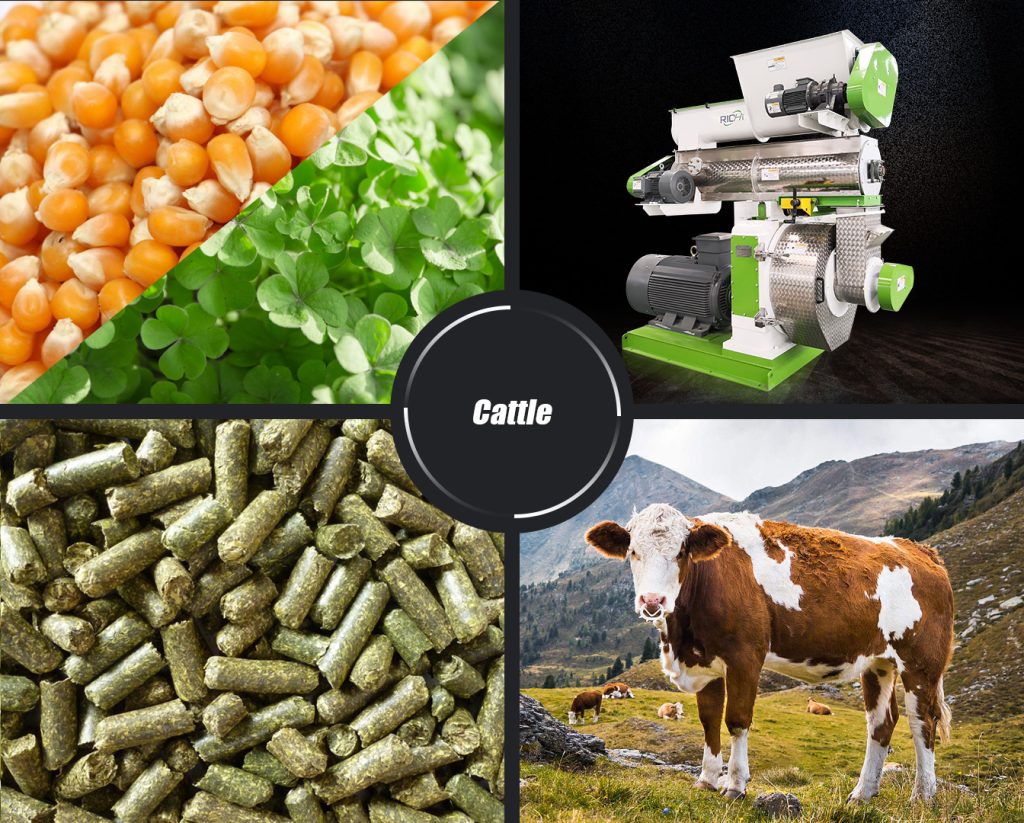
For more information about the alfalfa pellet machine, pls click richi website.



